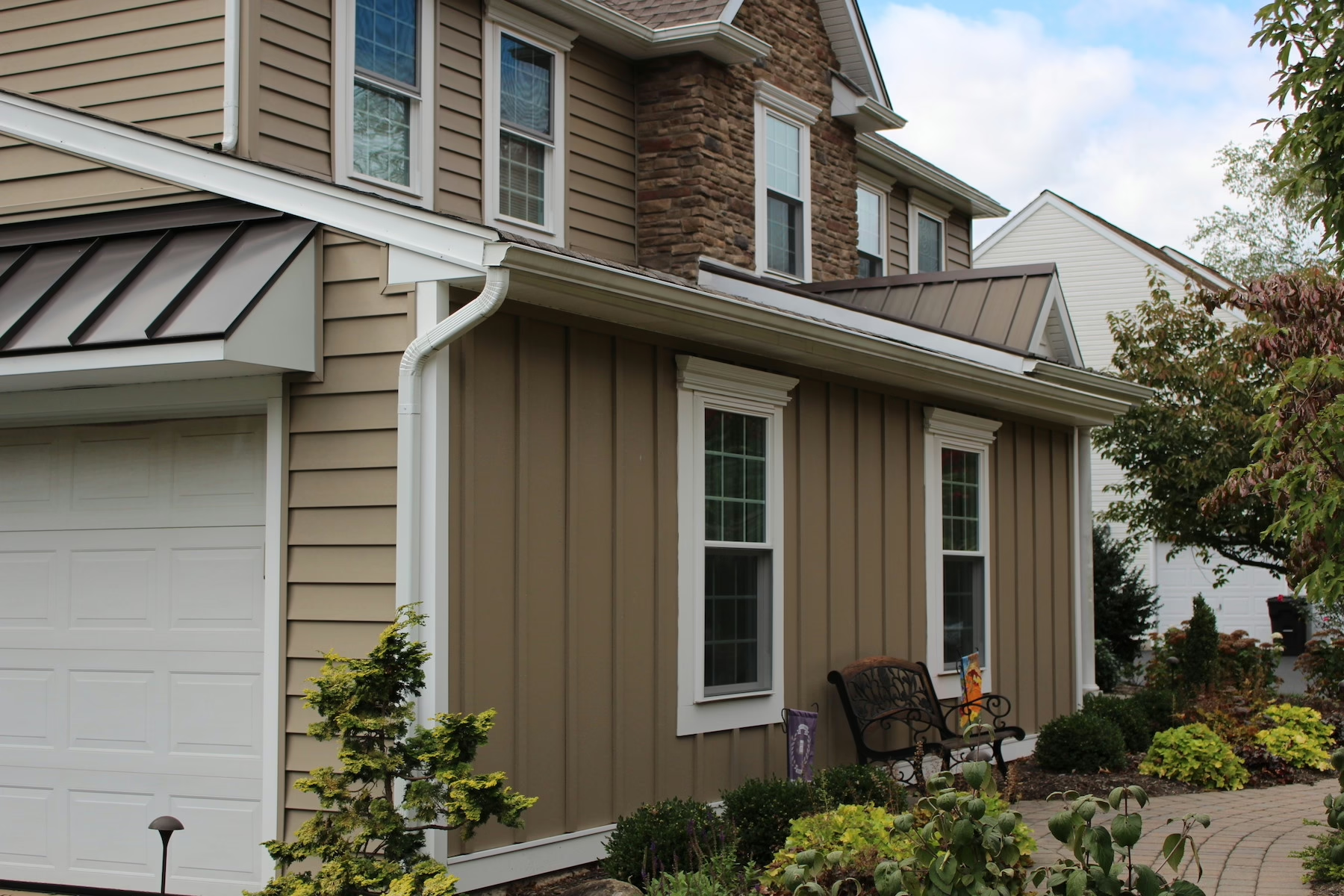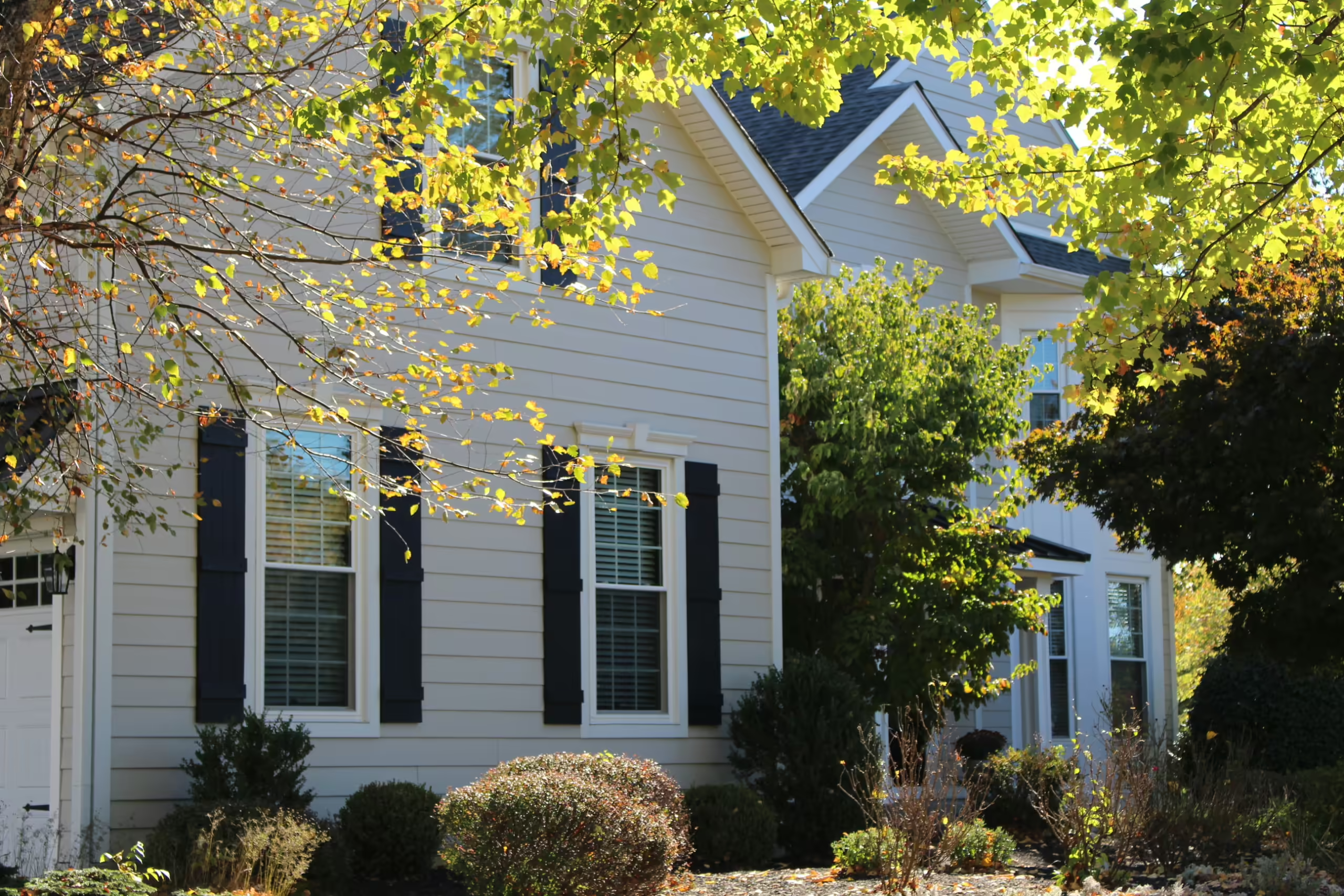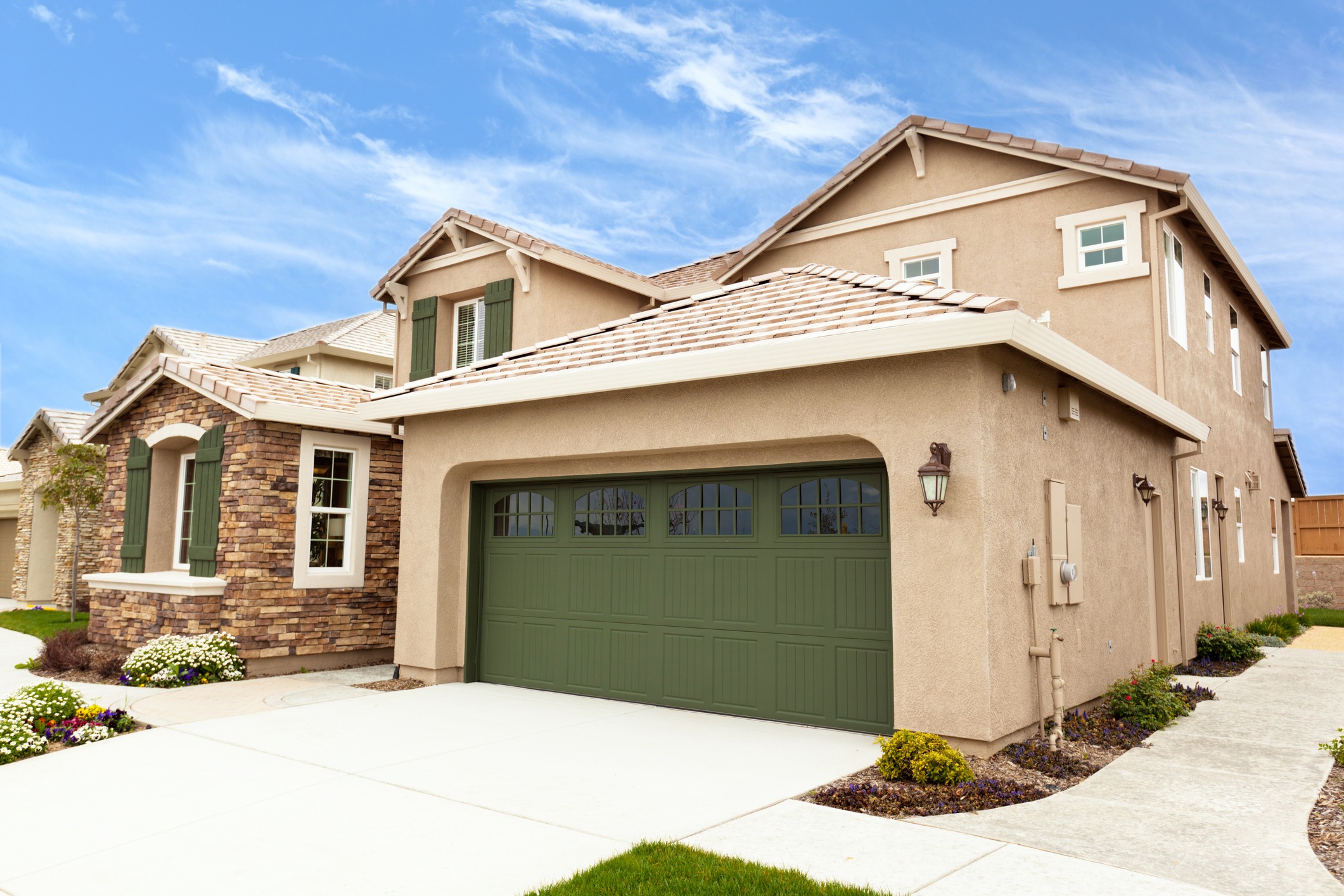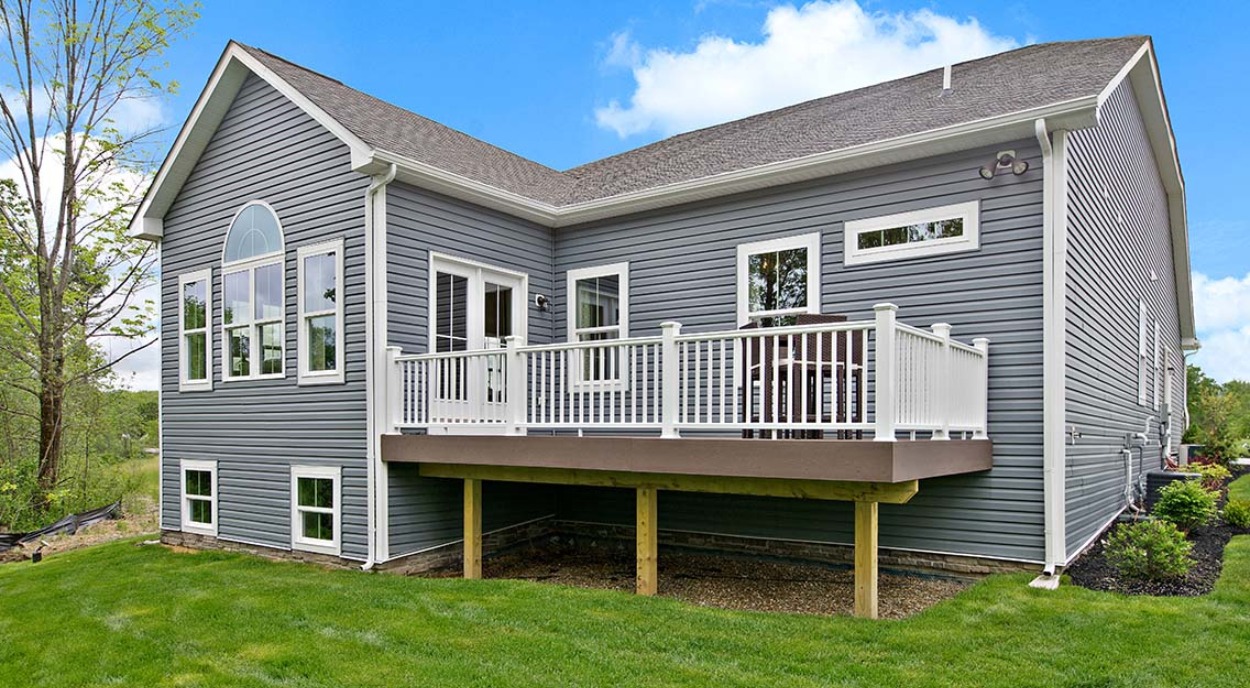Solar power technology has come far in the last few years, and it’s become more and more common for American homeowners to put solar panels on their roofs. But even though solar power can be a great investment in your property, there are some things that should be considered before taking the leap. Below are 10 things we think should be considered before installing solar power:
1. Roofing Repairs
The first thing to take into consideration is the current state of your roof. Is your roof old enough that it will need to be replaced soon? Or does it need significant repairs? Putting new solar panels on an old roof in need of repair is not a great idea. Doing this is going to cost you more in maintenance since you will have to pay extra to dismantle the solar panels before any repair work can be done. The best thing to do is to try to match the expected life of your solar panels with that of your roof. That way you can replace both simultaneously, saving time and money.
2. The Weight Limits on Your Roof
Installing solar panels will increase the structural weight of your roof. So how much weight your roof can handle is a significant consideration to make before installing solar panels. Obviously failing to take this into consideration can be very dangerous as the roof can collapse under the extra weight. The only safe route to go is to have a professional evaluate how much weight your roof can take, or if it needs more support before solar panels can be installed.
3. Water Drainage
Probably not the first thing you think of when you’re looking into installing solar panels on your roof, but water drainage is important to consider. On a roof without solar panels water is collected by gutters and lead away from your home. When you install solar panels, wire harnesses and racking might get in the way of the water draining from your roof, or interfere with the direction of the water. If this isn’t considered before installation there is a chance that you will have to deal with leaks and the cost of removing the solar panels while the repairs are being made. Have a professional contractor go over the plans before installation to make sure that water drainage will not be an issue.
4. DIYing Your Solar Power Installation
Can you put up your own solar panels? Yes, you can, and some people choose to do this. However, solar panel installation is one job you really should leave to the professionals. Solar panel installation requires training, and there are several things that can go wrong, and that will require costly repairs. Solar panel installation requires electrical wiring work, and there’s also the fact that you will be making holes in your roof, that if improperly sealed can cause leaks and water damage. Often installing solar panels on your own will void any warranty on the product. Building regulations can also be a nightmare if you are not used to them.
5. Insurance
Before you begin your solar panel installation, make sure that you have the proper insurance. It’s very important that your insurance covers any damage to your home while installation is ongoing. Issues can arise, and as a homeowner you need to be prepared. Many state building codes, certifications, or rebate offers also require proper insurance.
6. The Location of Your Home
Because it’s usually not an option to move your house to allow for more efficient solar panels, taking your location into consideration before beginning the installation process is crucial. Solar panels will collect the most energy when facing south and north. Of course they will still collect energy when facing east or west, but you have to be prepared for your solar panels to take longer to pay off on the initial investment. Another consideration is that your solar panels can not be in the shade at all, or it will decrease the whole panels ability to collect energy.
7. The Size of Your Roof
Make sure that you have enough space on your roof for the amount of solar panels you need. If your roof is lacking in space there’s a chance you won’t save as much on your investment as you might have hoped.
8. Your Home State
Solar power regulations vary from state to state. The same is true for costs, and potential savings The state of Pennsylvania offers generous incentives for homeowners considering solar power installation on their properties. When combined with similar federal rebates you can save as much as 60% on your solar panel installation. In October 2019, solar panel installations in Bucks County, Pennsylvania ranged between $12,495 and $16,905. The average payback period for solar installation was 9.43 Years, and the average 20-Year savings were a solid $42,534.
9. The Way it Looks
Solar paneling isn’t necessarily aesthetically pleasing. Be certain that you like the way solar paneling will look on your property before going to the expensive step to have it installed.
10. Shopping Around
As with any big investment, it’s important to do your research beforehand, and not only on solar power. You also have to do your research on the contractor you want to hire for the job. Shop around and get quotes from several different companies before settling with a contractor. But even though it can be a little extra work, and cost a little more, finding a knowledgeable, reasonably priced contractor that has all the required licenses and certifications, is well worth
your effort.
So there you have it, the 10 things you should consider before installing solar panels on your roof. With this information in hand, you will be able to make an informed choice about solar power installation. Good luck!
You are also interested



